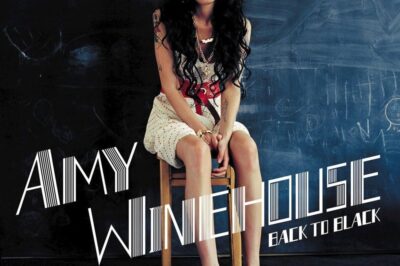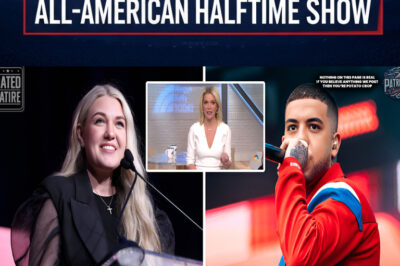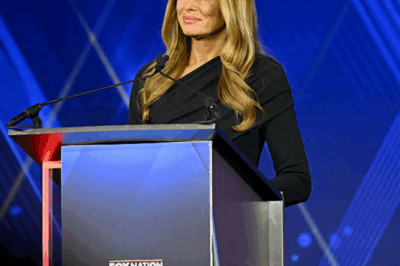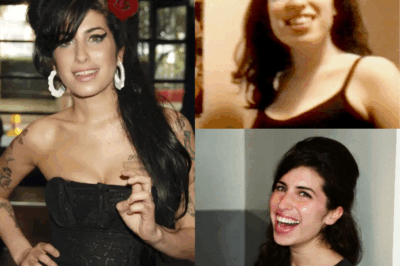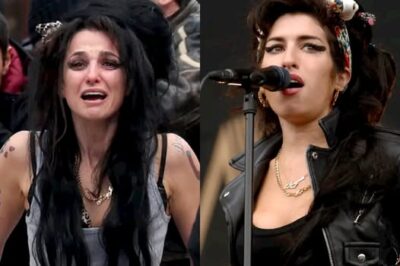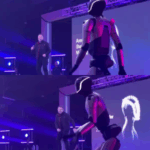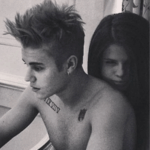Netflix’s The Witcher roared back on October 30, 2025, with its penultimate season, marking the controversial recasting of Geralt of Rivia.
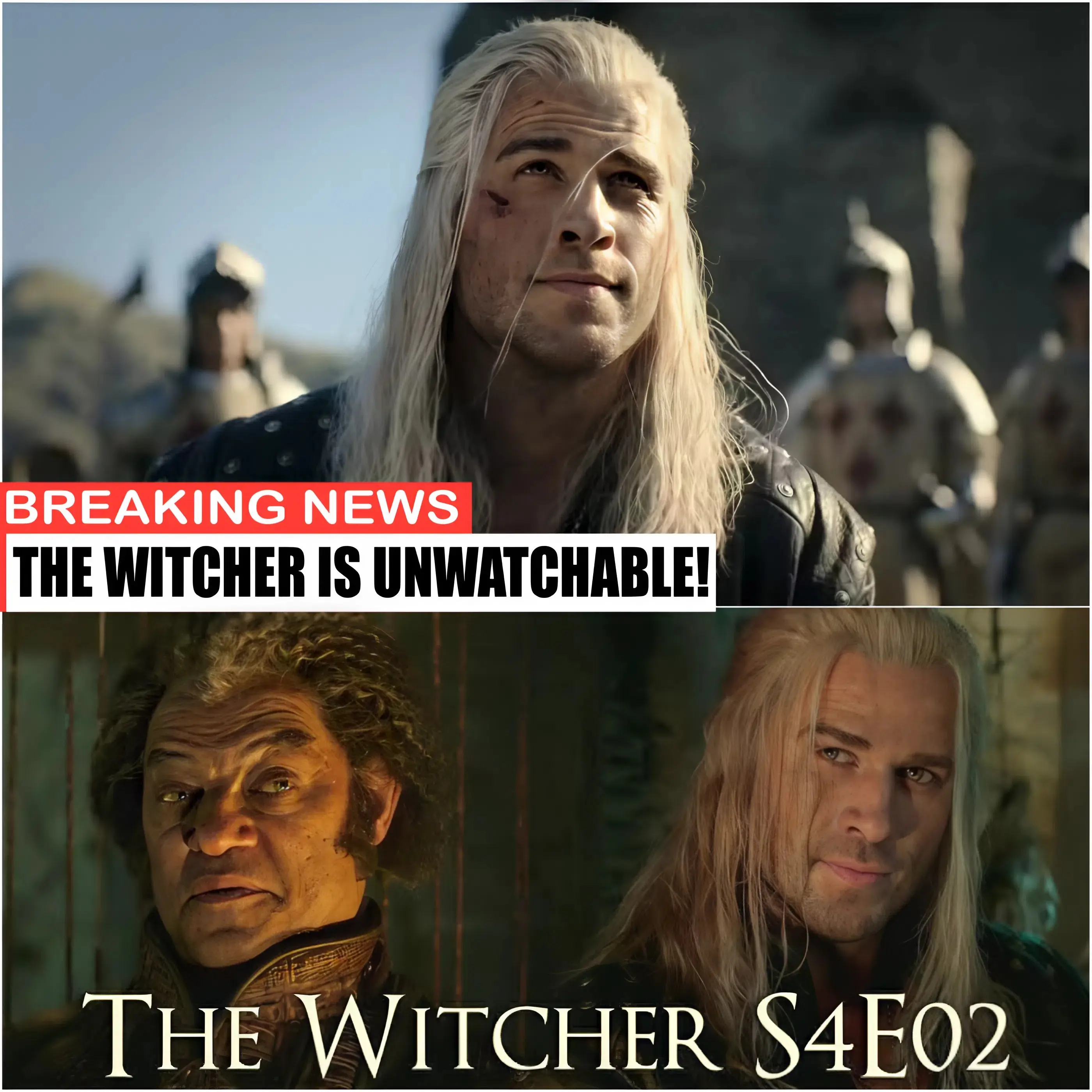
Liam Hemsworth steps into the White Wolf’s boots, replacing Henry Cavill, who departed after Season 3 amid reported creative differences. The eight-episode drop, adapting elements from Andrzej Sapkowski’s Baptism of Fire, follows Geralt, Yennefer (Anya Chalotra), and Ciri (Freya Allan) navigating a war-torn Continent separately.
Initial reception has been brutal, earning the series’ lowest Rotten Tomatoes critic score at around 58-61% (up from an early 50%), while audience approval plummets to 18-20%. Viewership also dipped nearly 50% from Season 3’s debut week, with 7.4 million views.
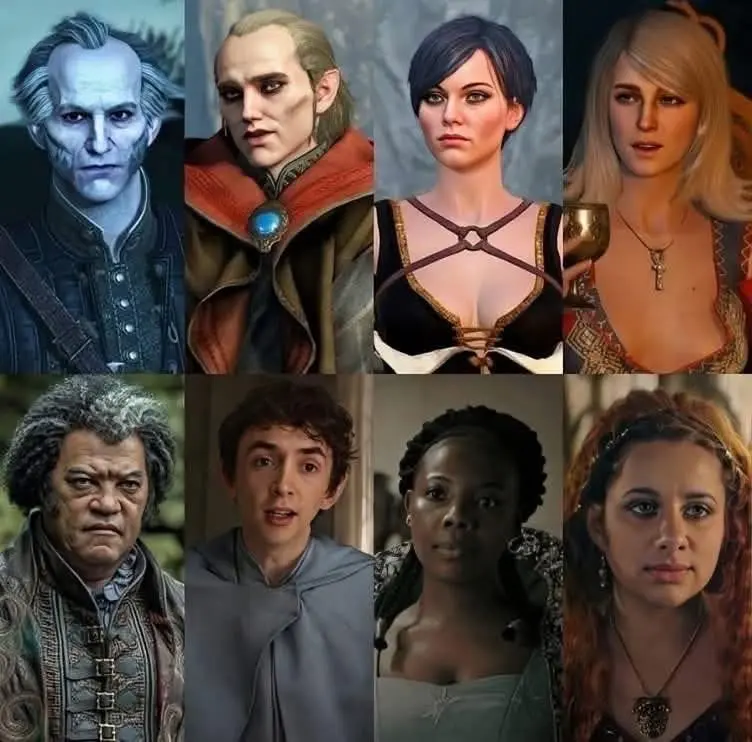
Hemsworth’s performance divides opinions sharply. Critics like The Guardian call him “as charismatic as a bollard in a wig,” lacking Cavill’s “granite-jawed” gravitas and deep growl. The Independent labels it a “huge downgrade,” with a thinner voice undermining the role’s menace.
Yet others defend him: Variety praises an “upgrade” in tonal clarity, IGN says he’s “fine” after adjustment, and The Verge insists he’s a “pretty solid Geralt,” with the recast distracting only initially. On X, users echo this split—some miss Cavill’s depth, others find Hemsworth “not bad” or even preferable in fights.
The real culprit, many agree, is the storytelling. Kotaku and The Verge decry a “bloated mess” of subplots, sidelining Geralt in his own show. Ciri’s arc with the Rats drags as boring filler, Yennefer’s mage-recruiting feels disconnected, and the narrative sprawls without resolution.
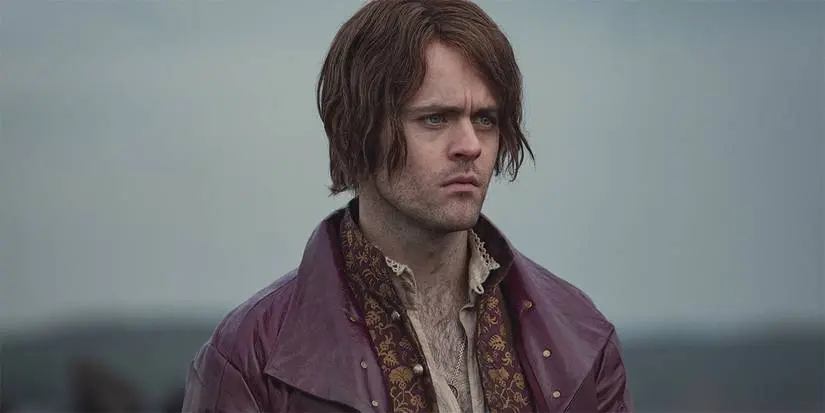
Deviations from the books fuel outrage, with fans accusing showrunner Lauren Schmidt Hissrich of injecting “DEI slop”—forced diversity, preachy themes, and character changes pandering to modern audiences. X posts and reviews slam “woke” elements like bisexual bards and empowered female leads overshadowing Geralt, turning the gritty Slavic-inspired saga into Hollywood tropes.
Positive notes exist: Action sequences shine, new villains like Sharlto Copley’s Leo Bonhart steal scenes, and Laurence Fishburne’s Regis adds flair. Forbes calls it engaging in parts, like a darker Fellowship of the Ring for Geralt’s “hansa” crew. Some X users hail it as “pretty good” or the “best season” for editing and VFX.

Despite topping Netflix charts in multiple countries, the backlash is fierce. Review-bombing on Rotten Tomatoes and IMDb (episodes as low as 3.9/10) reflects fury over Cavill’s erasure—flashbacks awkwardly insert Hemsworth—and perceived sabotage of Sapkowski’s lore.
Season 4 feels like a showrunner-imposed reset, prioritizing ensemble drama over monster-hunting grit. Yennefer emerges as the true lead, empowering mages in ways that scream agenda over authenticity.
Hemsworth tries valiantly, nailing physicality and growing into the role, but chemistry falters—especially with Jaskier (Joey Batey). His Geralt is softer, more “emotional,” per Hissrich, stripping the stoic edge fans loved in Cavill.
This isn’t just recast whiplash; it’s a broken world of contradictions. Plots meander, contradictions pile up (Ciri as thug? Mobs killing mages illogically?), and pandering alienates the core audience.
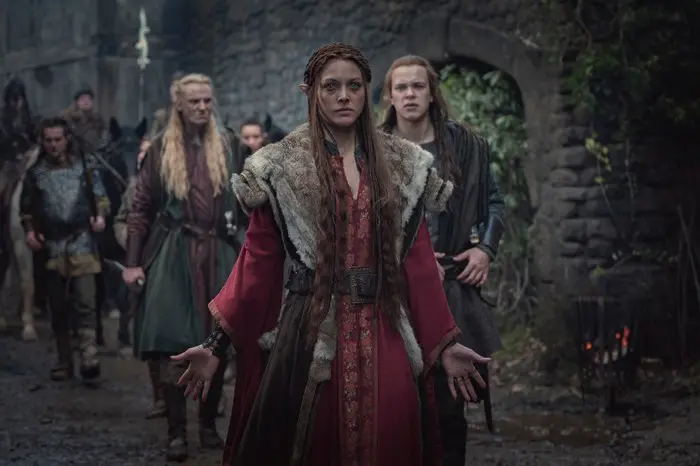
Who is this for? Book purists bail, game fans scoff at deviations, casuals bore of sprawl. DEI elements—diverse casting in a medieval Slavic fantasy, forced inclusivity—feel shoehorned, prioritizing message over immersion.
Once a gritty beacon, The Witcher now embodies sword-and-sorcery bilge: overlong, underfocused, preaching to an echo chamber while hemorrhaging viewers. Season 5, already filmed, looms as a mercy kill.
Hemsworth deserves better than this mess. Cavill’s exit exposed cracks; Season 4 shattered the facade. Unwatchable? For many, yes— a pandering husk of what could have been epic.
News
What Are The 7 Best Amy Winehouse Songs?
7 Best Amy Winehouse Songs, According to Fans Amy Winehouse was a once-in-a-generation talent whose music continues to resonate with…
Faith, Freedom & Football: A New Kind of Super Bowl Halftime Show Is Coming in 2026
Forget fog machines, laser tunnels, or backup dancers in neon suits.The 2026 Super Bowl Halftime Show is taking a bold…
Melania Trump named Fox Nation’s ‘Patriot of the Year’ for global children’s advocacy work
First lady secured return of several Ukrainian children from Russia, $25M foster care investment First lady Melania Trump accepts the…
Home video of Amy Winehouse singing aged 14 confirms star’s stunning natural talent
An old home video of a 14-year-old Amy Winehouse shows how spectacular her singing voice was from the very beginning….
“Amy Winehouse’s brother Alex talks about his sister: ‘She was annoying, frustrating, a pain
Amy Winehouse’s Brother Blames Her Death on Bulimia ‘Had she not had an eating disorder, she would have been physically…
Amy Winehouse Biopic ‘Back To Black’ Gets Mixed Reviews After Social Media Backlash
The first reviews for the upcoming Amy Winehouse biopic, “Back to Black,” are largely mixed with criticism for the film…
End of content
No more pages to load

